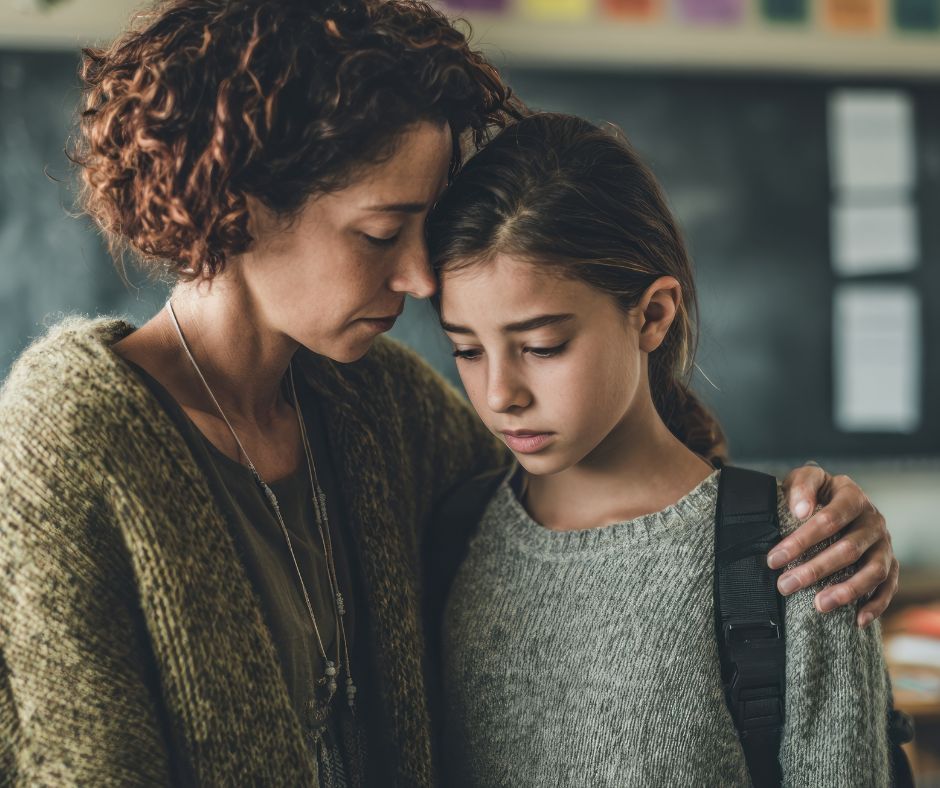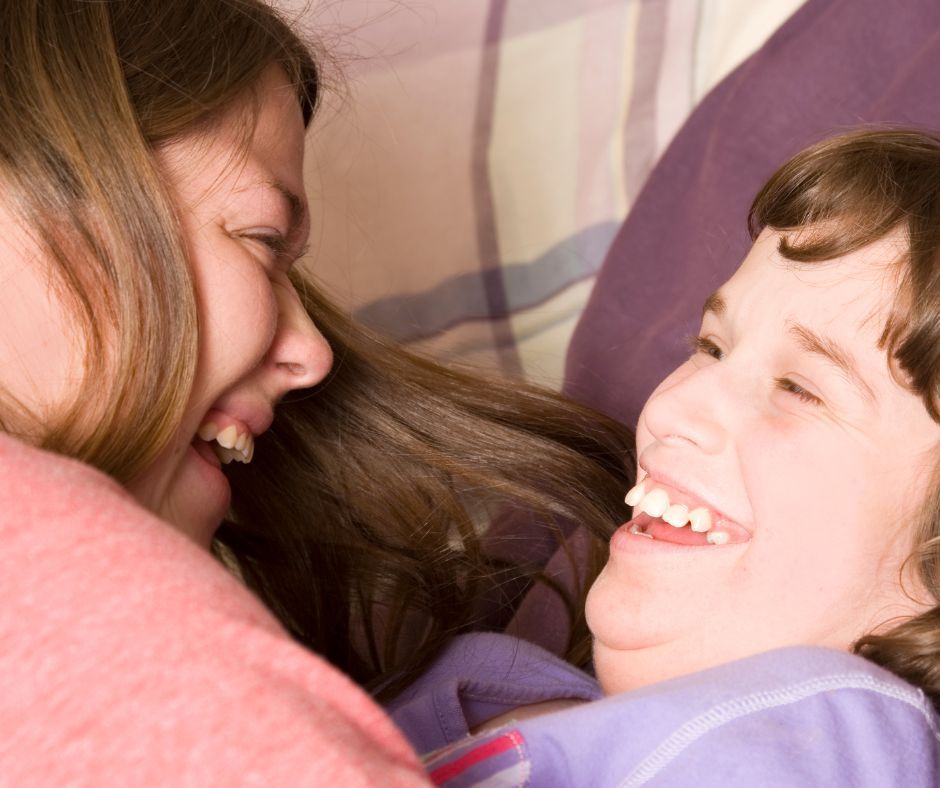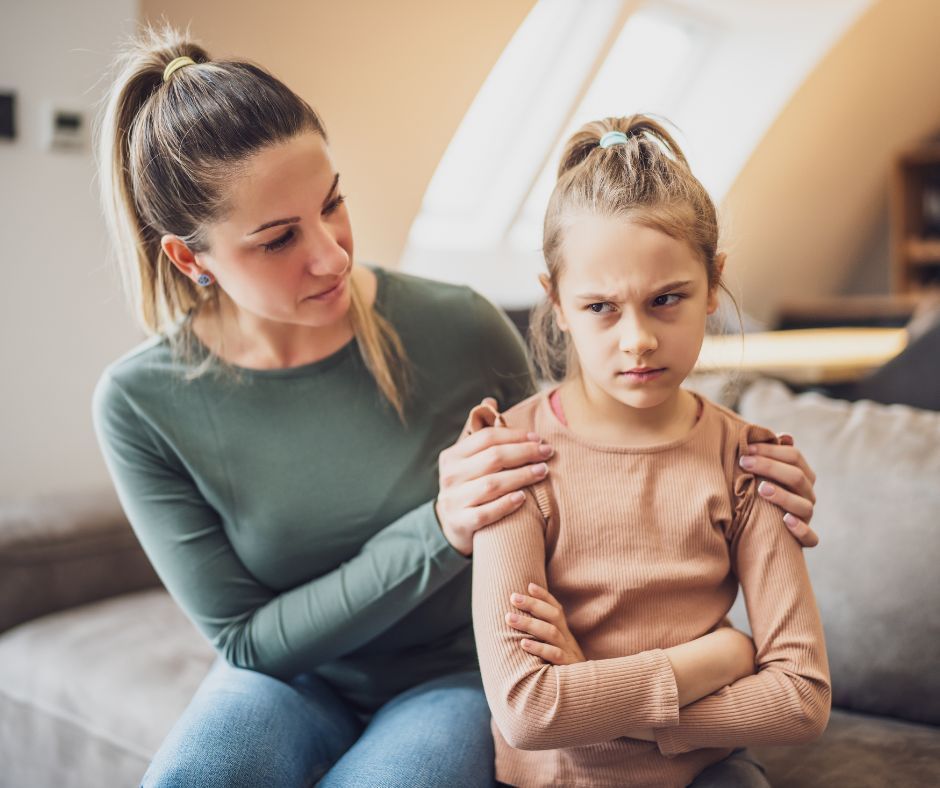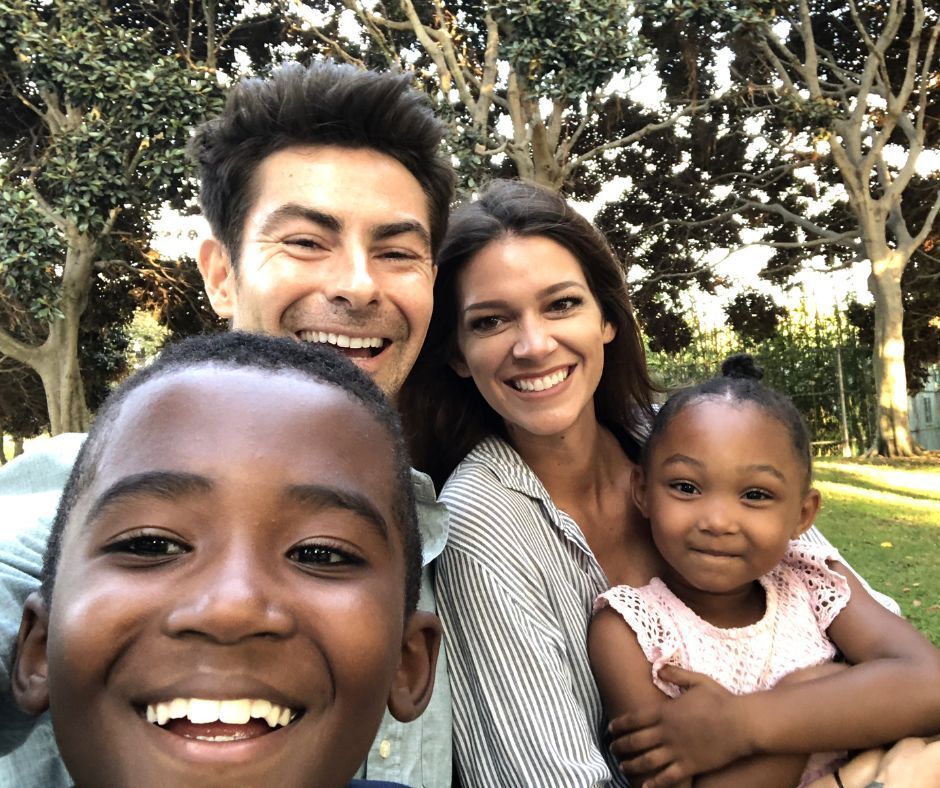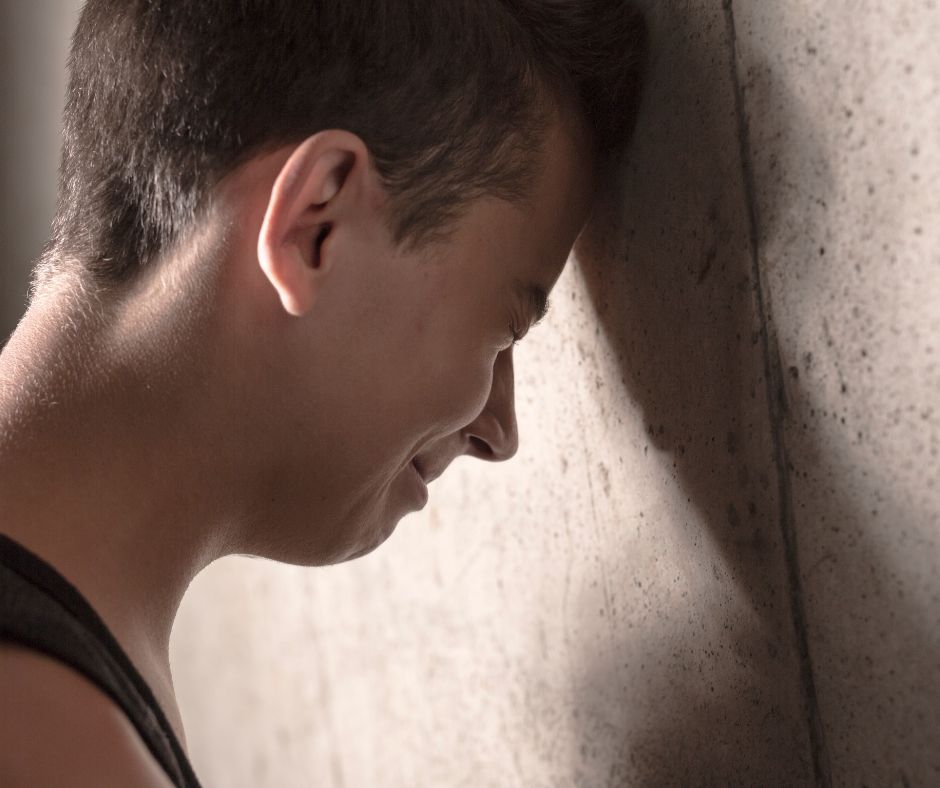There’s a certain kind of panic that rises in a parent’s chest when their child begins refusing school. It starts with small things—complaints about stomachaches, missed assignments, growing resistance to waking up—and before you know it, the morning routine has become a daily battle. For many parents, school refusal feels like defiance or laziness. But for trauma-impacted kids, it’s rarely about won’t. It’s about can’t.
What School Refusal Really Is
School refusal isn’t just a phase or a discipline issue. It’s a stress response. The child’s nervous system is saying, “This feels unsafe.” That sense of danger might not be visible to us, but to their body, it’s real.
Children who’ve experienced early trauma or chronic stress live with a heightened sensitivity to threat. Their brains are wired for survival, not learning. A crowded hallway, a disappointed teacher, a confusing assignment, or even the fear of failure can trigger a deep sense of panic or shame. When that overwhelm hits, avoidance becomes the brain’s survival strategy.
What looks like “I don’t want to go to school” often means, “My system can’t handle the stress that school brings right now.”
What’s Going On Beneath the Surface
School demands a lot of executive functioning—organization, planning, emotional regulation, social navigation, and sustained attention. For kids impacted by trauma, these are the very skills that are most disrupted by early adversity.
So when your child says, “I hate school,” what they may really mean is:
“I can’t focus and it makes me feel stupid.”
“I’m anxious around other kids and I don’t know why.”
“I feel like a failure and I’d rather avoid it than feel that way again.”
“My brain shuts down when I’m overwhelmed.”
These hidden layers matter because when we respond only to the behavior—“You have to go!”—we miss the need driving it: safety, connection, and regulation.

